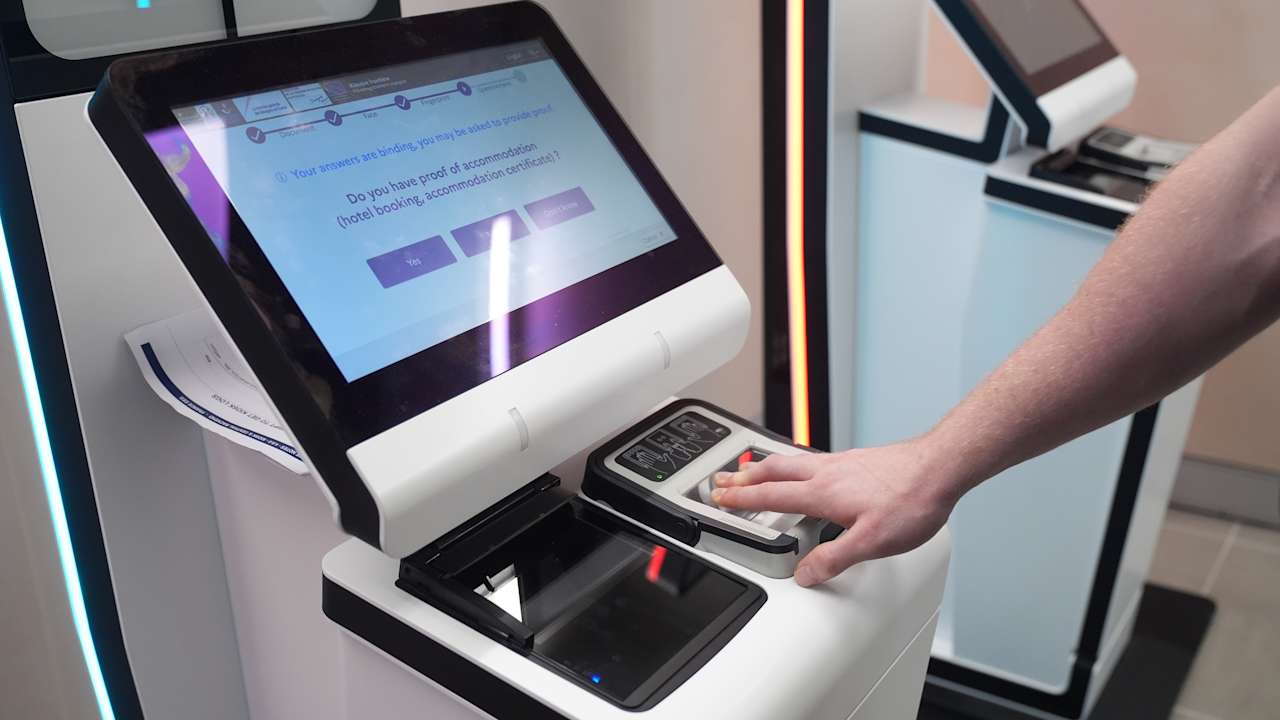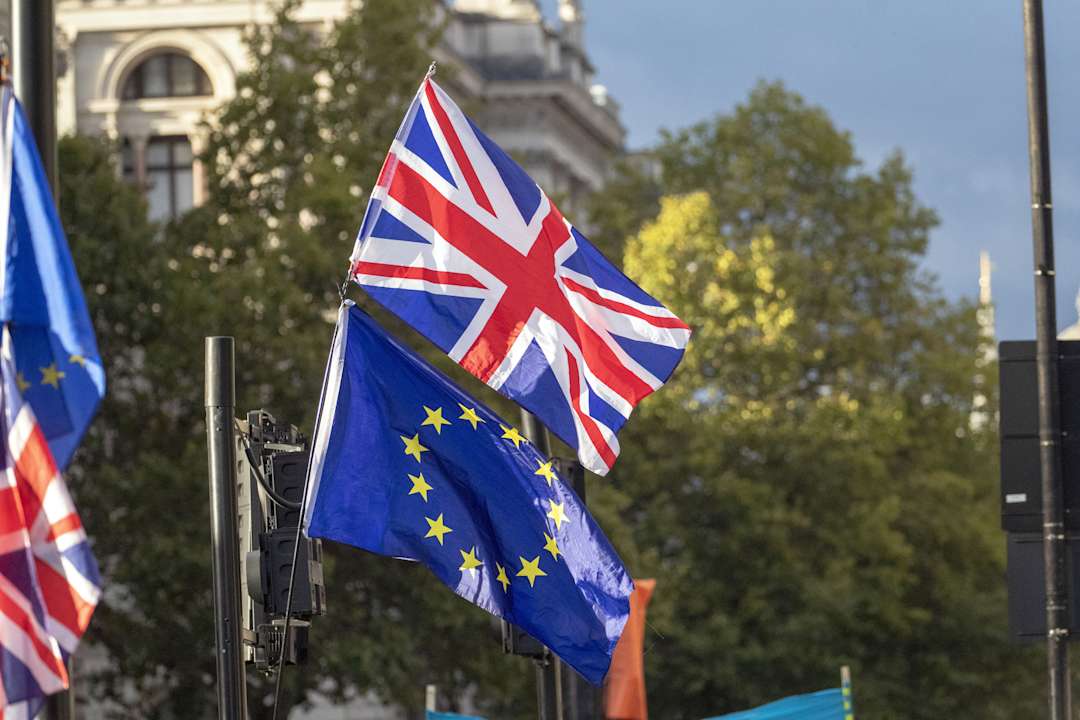British passport holders face changes at border control across Europe over the coming months.
After a number of delays, the European Union’s new Entry/Exit System (EES) will be rolled out from Sunday 12 October, but there have been warnings it could cause delays at passport control.
It will affect all countries in the Schengen area, which includes France, Spain and Germany.
Ireland is not within this area and travel there will not be impacted by the new rules.
Here we look at what the changes are in practice and how they could impact British travellers.
What are the changes?
Any “third-country nationals” travelling to the Schengen area may be required to register their biometric details when they arrive.
Passengers will have to submit their fingerprints and have their photos taken at dedicated booths.
Travel via the Eurotunnel and by ferry from Dover are also subject to the EES changes but checks for these journeys will take place at UK border control rather than on arrival in France.
Travellers will not need to take any action before their journey and the changes will affect most people from non-EU countries, including those from the UK.
The checks will create a digital record which will be valid for three years. UK nationals entering the Schengen area again during this period will only need to provide a fingerprint or photo at border control, when entering and exiting, rather than having their passport stamped.
The rollout is expected to take 180 days and will be fully operational by Thursday 9 April 2026.

Why have the changes been made?
EES has been designed to improve border security within the EU and neighbouring countries.
It is hoped that it will help countries within the Schengen area identify suspected criminals and combat identity fraud.
It is also hoped it will reduce illegal immigration and help the EU stop visitors from overstaying by automating border control checks.
Currently, non-EU nationals visiting the Schengen area must ensure their total stay is no more than 90 days in a 180-day period.

How could it affect UK travellers?
People travelling from the UK will not need to do anything before their journey, but will need to take into account potential delays at border control.
The Government encourages all passengers to check the full travel advice for their destination and ensure they have their medication and water to hand in case they need to queue for a long period.
Cruise ship journeys starting and ending at UK ports are exempt from the EES rules unless passengers disembark to continue their holiday within the Schengen area.
There is a small list of other exceptions for UK nationals, which can be found on the EES website.
Full list of affected countries
Austria, Belgium, Bulgaria, Croatia, Czech Republic, Denmark, Estonia, Finland, France, Germany, Greece, Hungary, Iceland, Italy, Latvia, Liechtenstein, Lithuania, Luxembourg, Malta, Netherlands, Norway, Poland, Portugal, Romania, Slovakia, Slovenia, Spain, Sweden, and Switzerland.
Follow STV News on WhatsApp
Scan the QR code on your mobile device for all the latest news from around the country





























